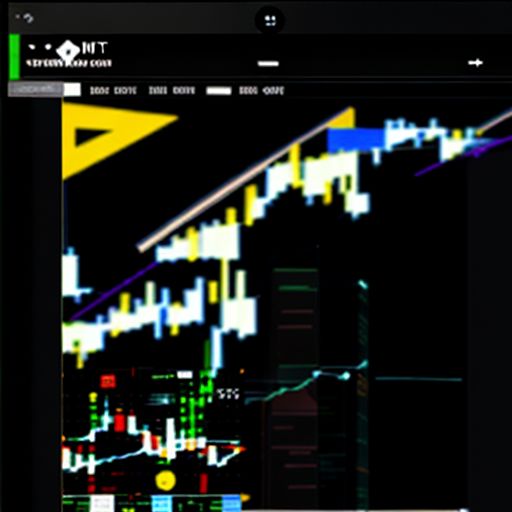Imagine this: you’re ready to dip your toes into the stock market, but the thought of navigating complex brokerage accounts and fees makes you hesitate. You might be surprised to learn that buying stocks without a broker is entirely possible! This guide will explore various methods for direct stock investing, empowering you to take control of your financial future.
Understanding Direct Stock Purchase Plans (DSPPs)
One popular way to buy stocks without a broker is through Direct Stock Purchase Plans (DSPPs). These plans, offered by many publicly traded companies, allow you to purchase shares directly from the company itself.
Advantages of DSPPs:
- Lower Costs: DSPPs often come with lower fees compared to traditional brokerage accounts, making them budget-friendly for new investors.
- Accessibility: They provide a straightforward way to invest in individual companies you believe in.
- Fractional Shares: Some DSPPs allow you to purchase fractional shares, enabling you to invest with smaller amounts of money.
Potential Drawbacks of DSPPs:
- Limited Stock Selection: You can only invest in companies that offer DSPPs.
- Administrative Processes: Setting up a DSPP may involve some paperwork and processing time.
- Lack of Investment Advice: DSPPs typically don’t provide investment guidance or research tools.
 Buying Stocks Directly From Company
Buying Stocks Directly From Company
Exploring Dividend Reinvestment Plans (DRIPs)
Another avenue for brokerless investing is through Dividend Reinvestment Plans (DRIPs). DRIPs allow existing shareholders to reinvest their cash dividends to purchase additional shares, often at a discount.
Benefits of DRIPs:
- Automatic Investing: Dividends are automatically reinvested, promoting disciplined saving and compounding returns.
- Dollar-Cost Averaging: DRIPs allow you to purchase shares at different price points, potentially reducing the impact of market volatility.
- Long-Term Growth: By consistently reinvesting dividends, you can steadily grow your investment portfolio over time.
Considerations for DRIPs:
- Existing Shareholder Requirement: You usually need to own at least one share of a company’s stock to participate in their DRIP.
- Tax Implications: Even though dividends are reinvested, they are still considered taxable income in the year they are received.
Utilizing Transfer Agents for Direct Purchases
Investors can also purchase shares directly from a company’s transfer agent, which is a third-party entity responsible for maintaining shareholder records. This method often involves contacting the transfer agent directly and may have specific requirements or fees associated with it.
Online Platforms for Commission-Free Investing
While not technically “brokerless,” several online platforms offer commission-free stock trading, significantly reducing the cost barrier for investors.
Key Features of Commission-Free Platforms:
- User-Friendly Interfaces: These platforms often feature intuitive designs, making it easy for beginners to navigate.
- Research and Educational Resources: Many platforms provide research tools, market data, and educational materials to support informed investing.
- Fractional Shares and Other Investment Options: In addition to stocks, you can often invest in ETFs, options, and other securities through these platforms.
Important Considerations:
- Platform Fees: While trading may be commission-free, platforms may charge other fees, such as inactivity fees or withdrawal fees.
- Order Execution: The speed and efficiency of order execution can vary between platforms.
broker.qfboutique.com/wp-content/uploads/2024/07/online-investment-platform.jpg-66937d.jpg" alt="Online Investment Platform" width="512" height="512">Online Investment Platform
Conclusion: Choosing the Right Path for You
Buying stocks without a broker can be a viable option for investors seeking greater control, lower costs, and a direct ownership experience. However, it’s essential to carefully weigh the advantages and disadvantages of each method and choose the one that aligns best with your investment goals, risk tolerance, and financial situation. As with any investment, conducting thorough research and seeking advice from a qualified financial advisor is always recommended.
We encourage you to share your thoughts and experiences in the comments below. Have you tried buying stocks without a broker? What advice would you give to someone considering this approach? Let’s continue the conversation and learn from each other!




